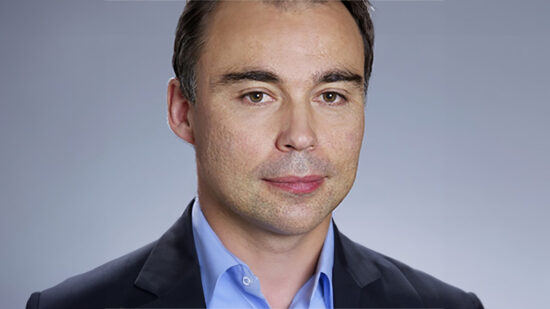The 80-year-old retired engineer, known only as Ron for obvious reasons, is said to have made a substantial amount of money in the property market both in the UK and Germany, according to The Pure Gold Company.
However, Ron suffered a number of investment losses in successive economic crises – firstly to his pension in the 1980s crash and most recently in 2008 from the collapse of Lehman Brothers and Northern Rock.
Last year, he decided to sell his property portfolio amid fears the markets were facing another crash – liquidating all his investments in cash, equities, banks and other financial firms.
Instead Ron used the money to buy gold, and buried the loot in 18 different locations across his five-acre garden for each of his 18 daughters and grandchildren.
He then created a separate treasure map, which he has included in his will, for each of his beneficiaries by plotting unique coordinates that reveal the whereabouts of the gold.
Gold in pension funds
Ron’s idea is not the one recommended by the Royal Mint, which announced on Wednesday that it will now offer savers the chance to buy gold bars as part of their pension funds for the first time.
Investors will be able to buy 100g or 1kg bars – with a purity of 99.9% – and have it stored at the Royal Mint’s vault in Wales. A charge of 1% a year applies, plus VAT.
Investors could previously buy gold bullion from the Royal Mint, but not as part of pension savings.
Physical gold has been eligible for inclusion in self-invested personal pension schemes (Sipps) since 2014, although it needs to be of at least 99.5% purity to qualify.
Brexit concerns
Another case study from The Pure Gold Company refers to a 43-year-old British expat Phil who works as a ski instructor in France in the winter and a wind surf instructor in Italy in the summer.
Concerns that a Brexit may force him to return to the UK where his savings, denominated in Euros, could lose significant purchasing power when converted back to sterling, led him to invest a third of his money in gold.
The price of the commodity has jumped 17% since start of the year due to fears over the global economy, particularly the impact that a Brexit outcome in 2016 would have on the stock market.








